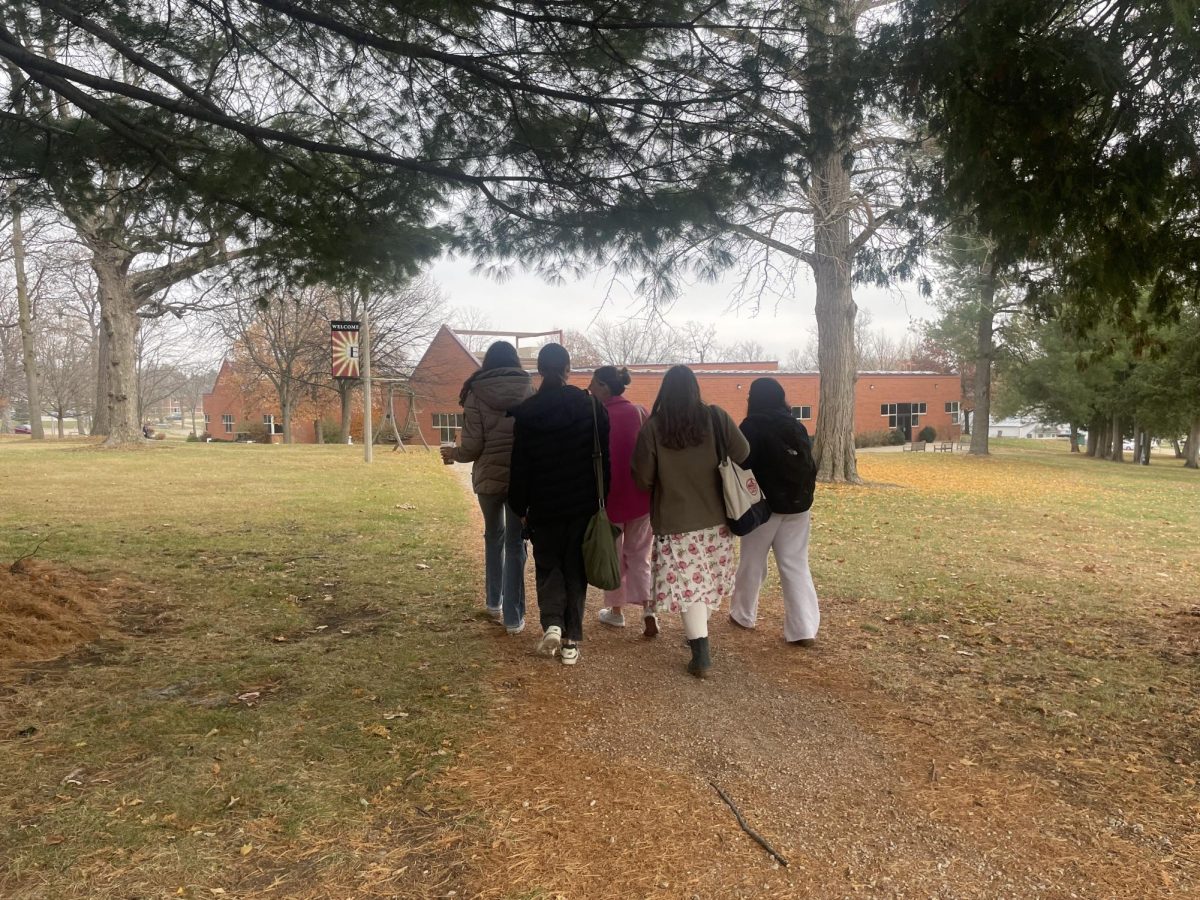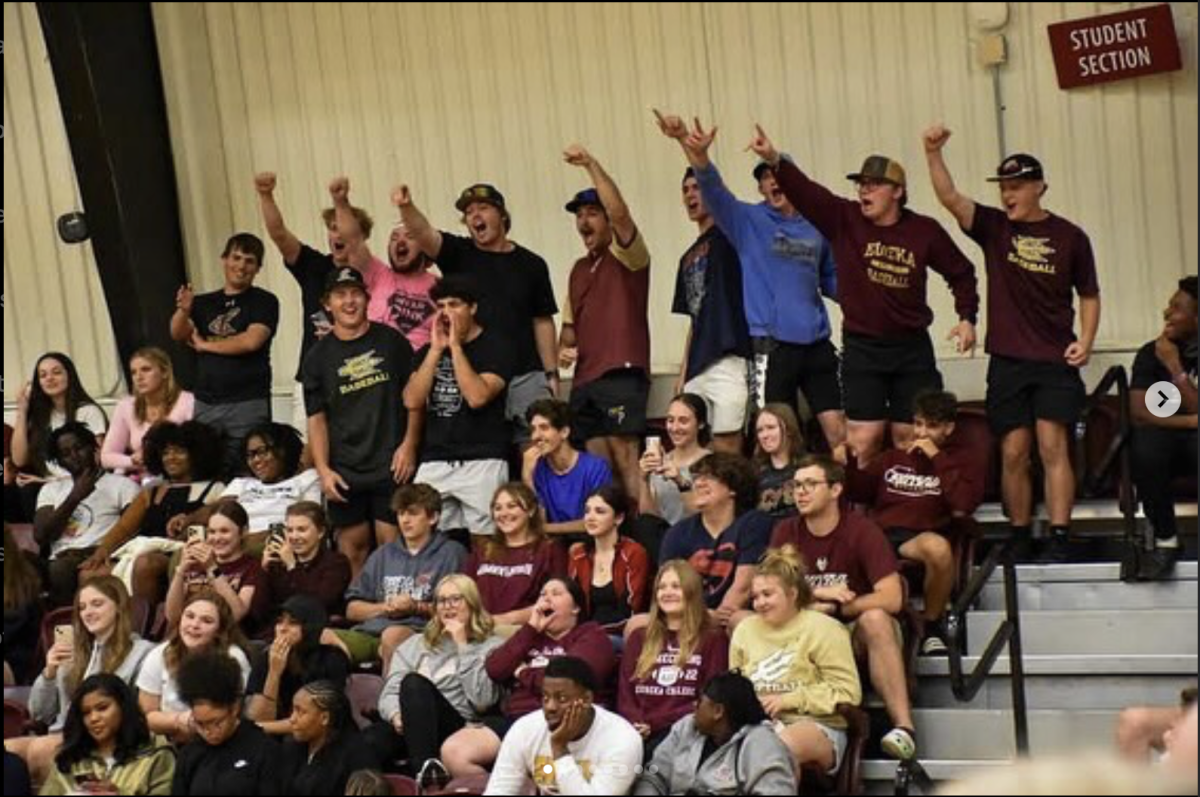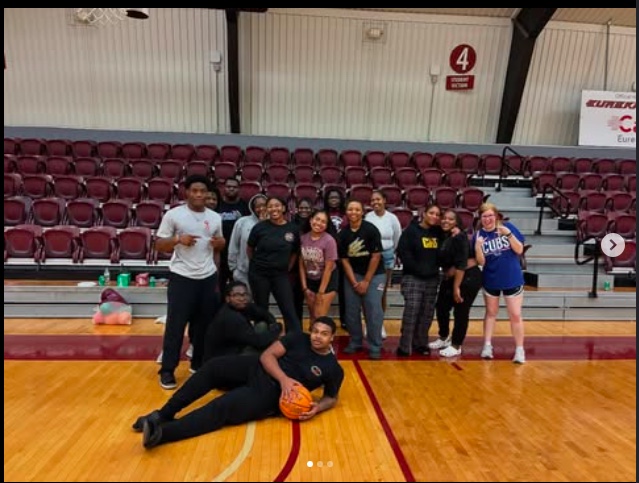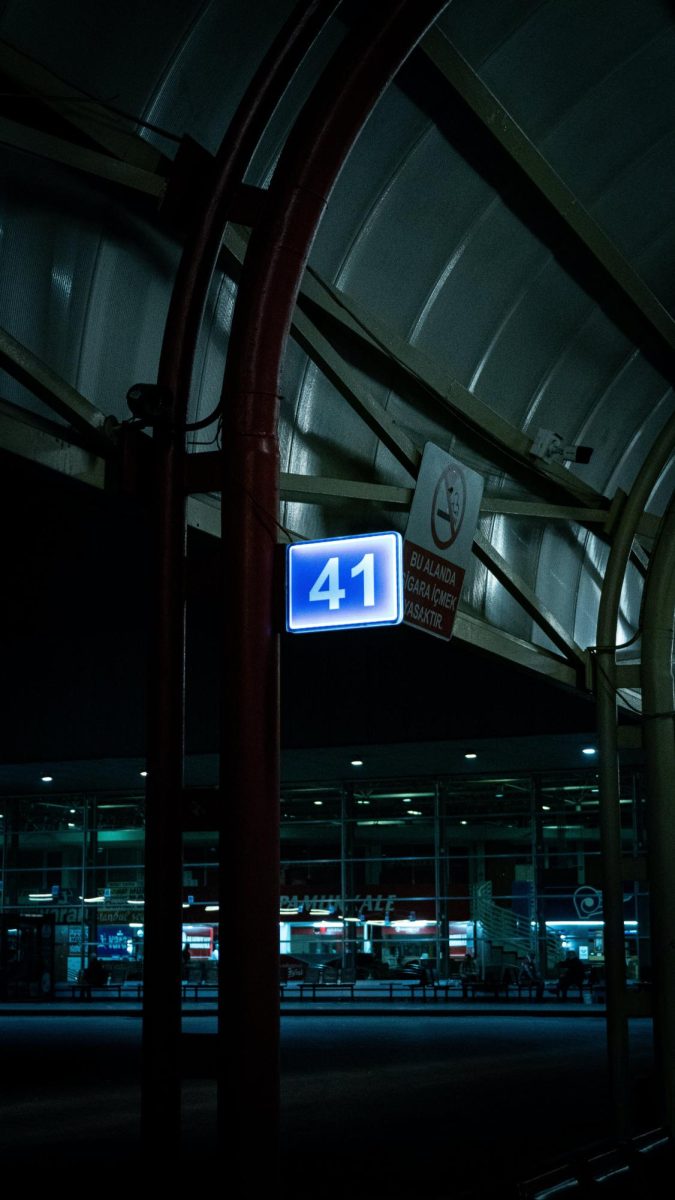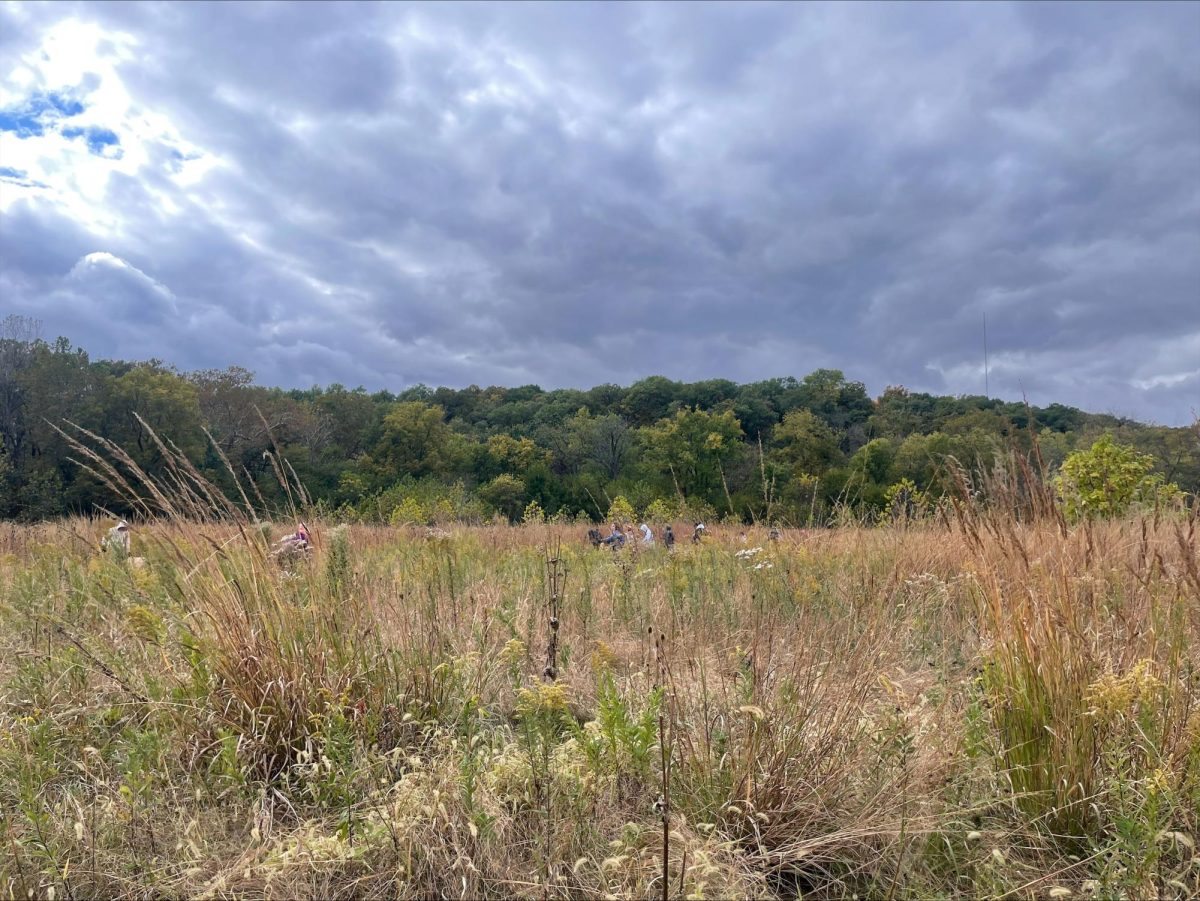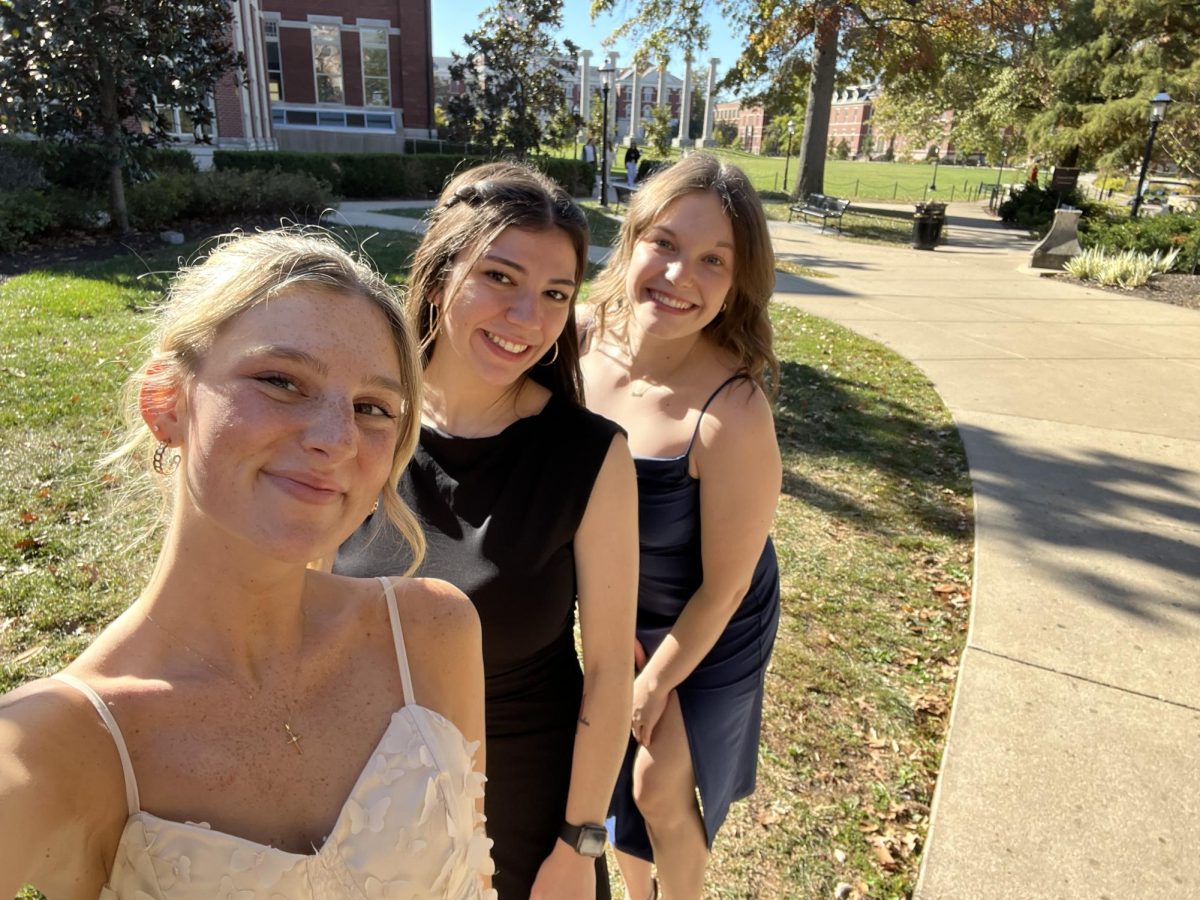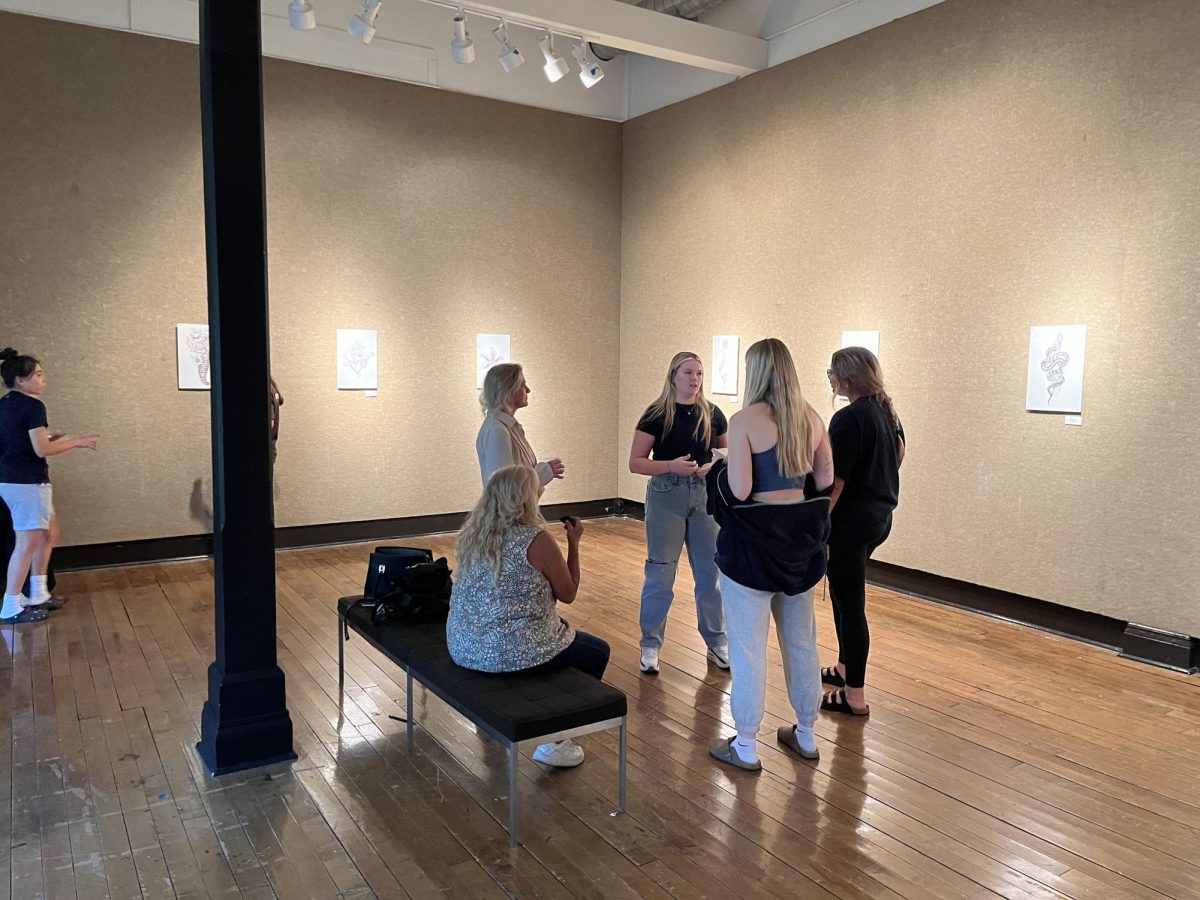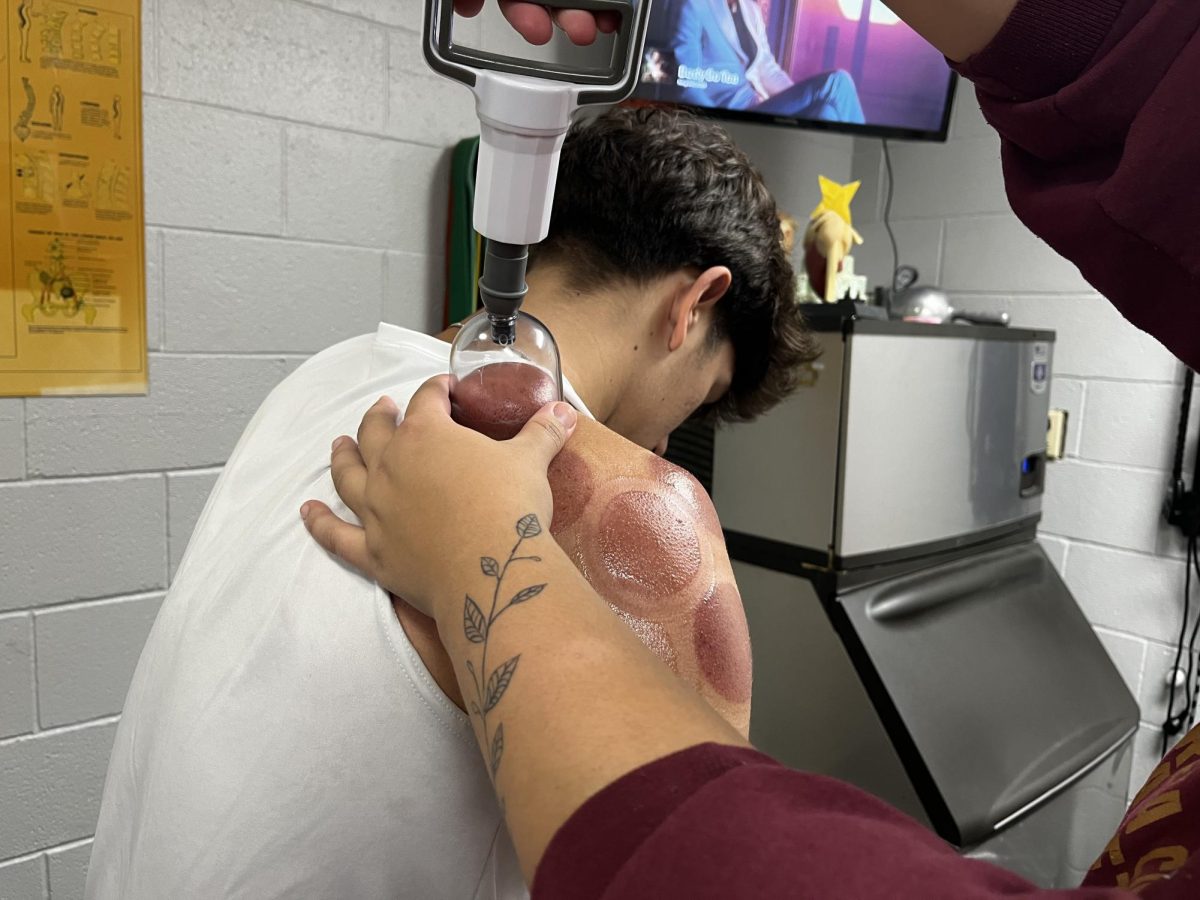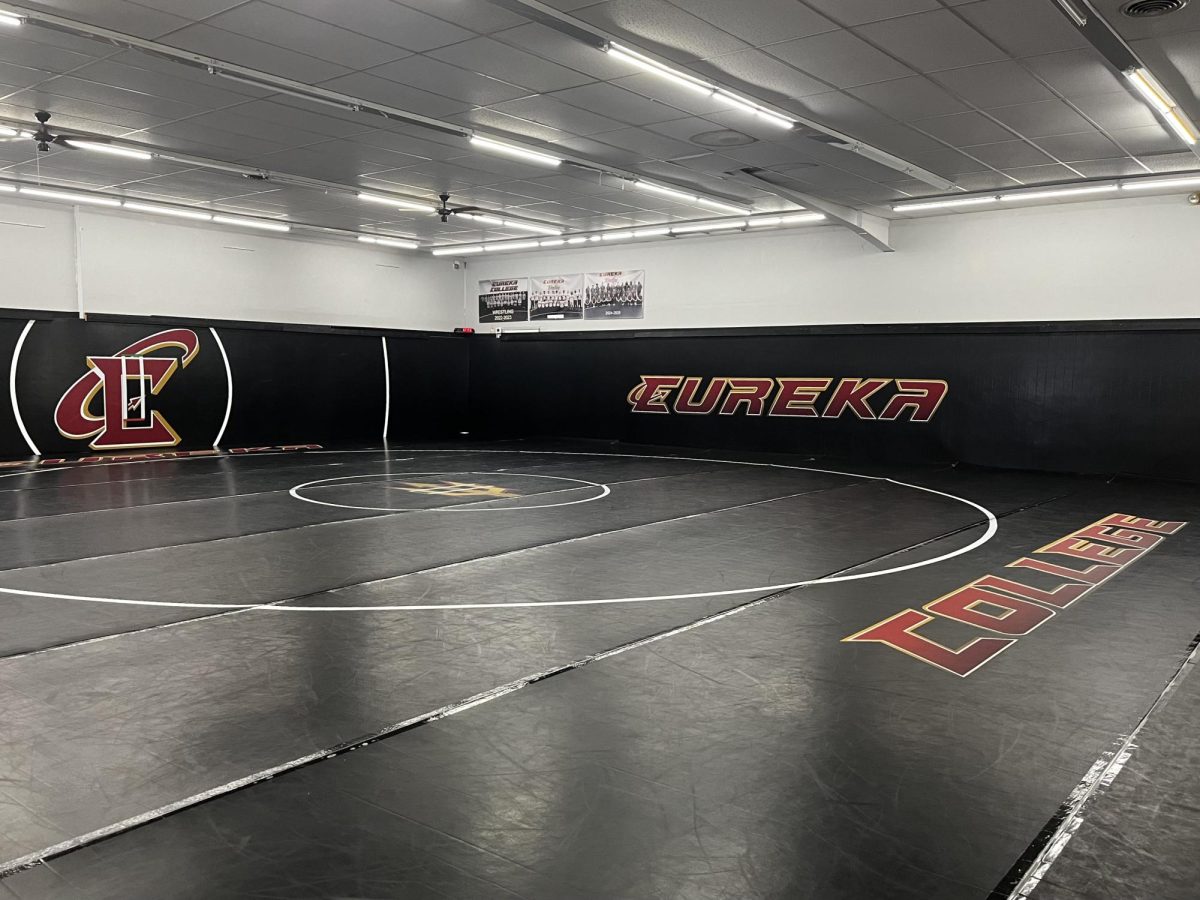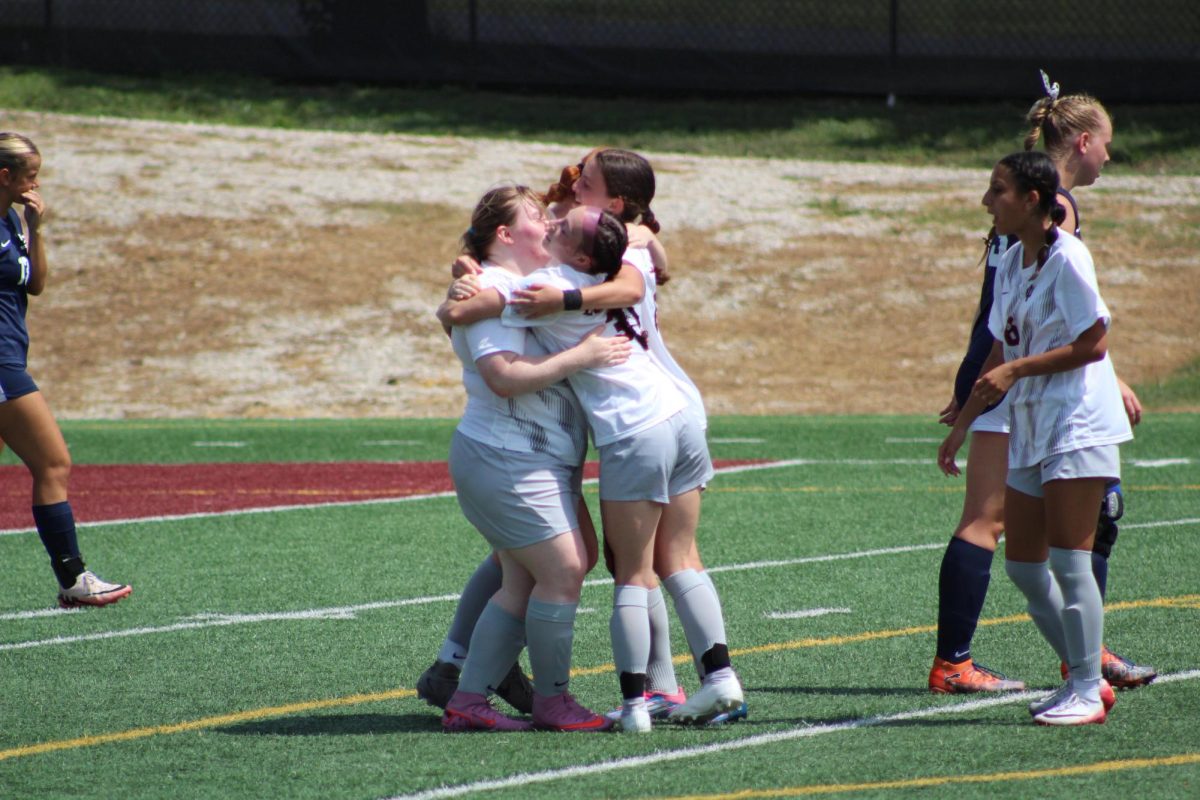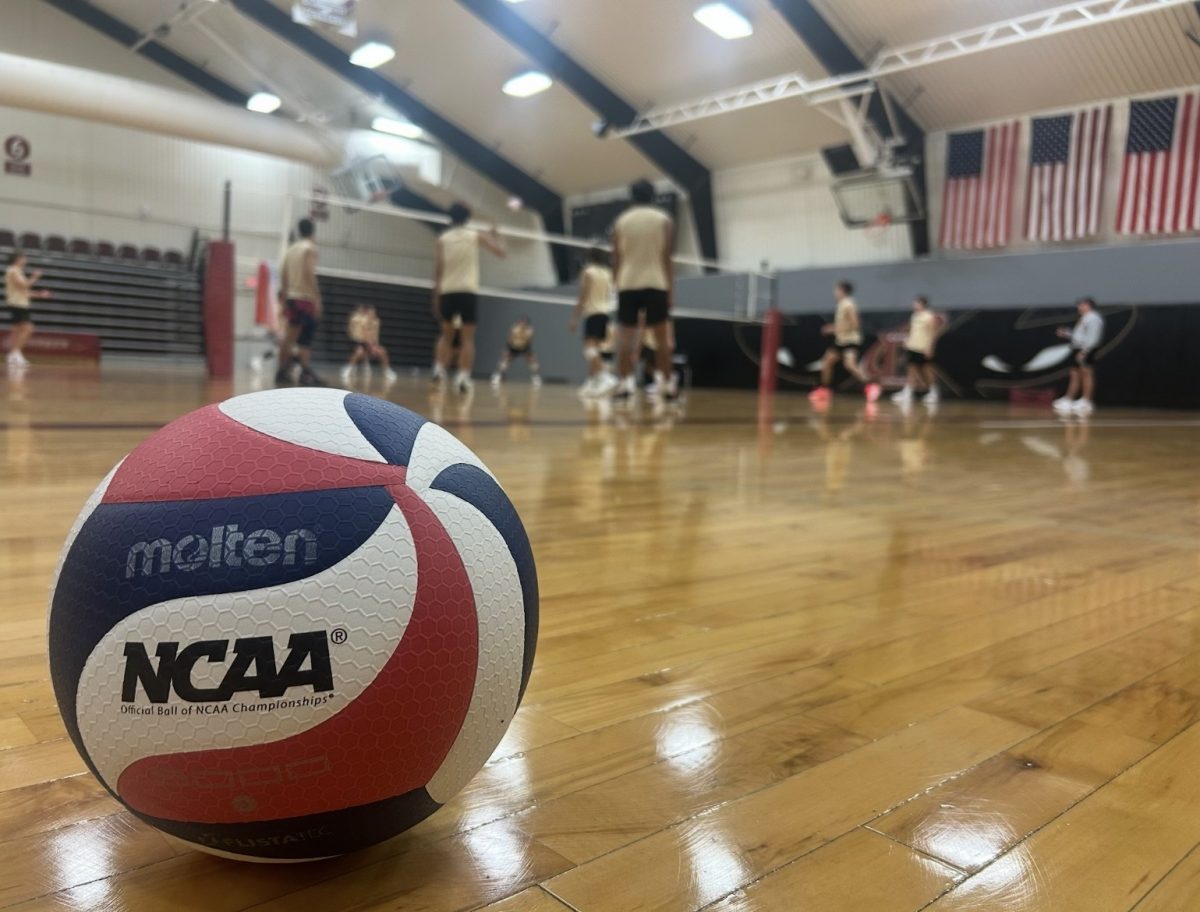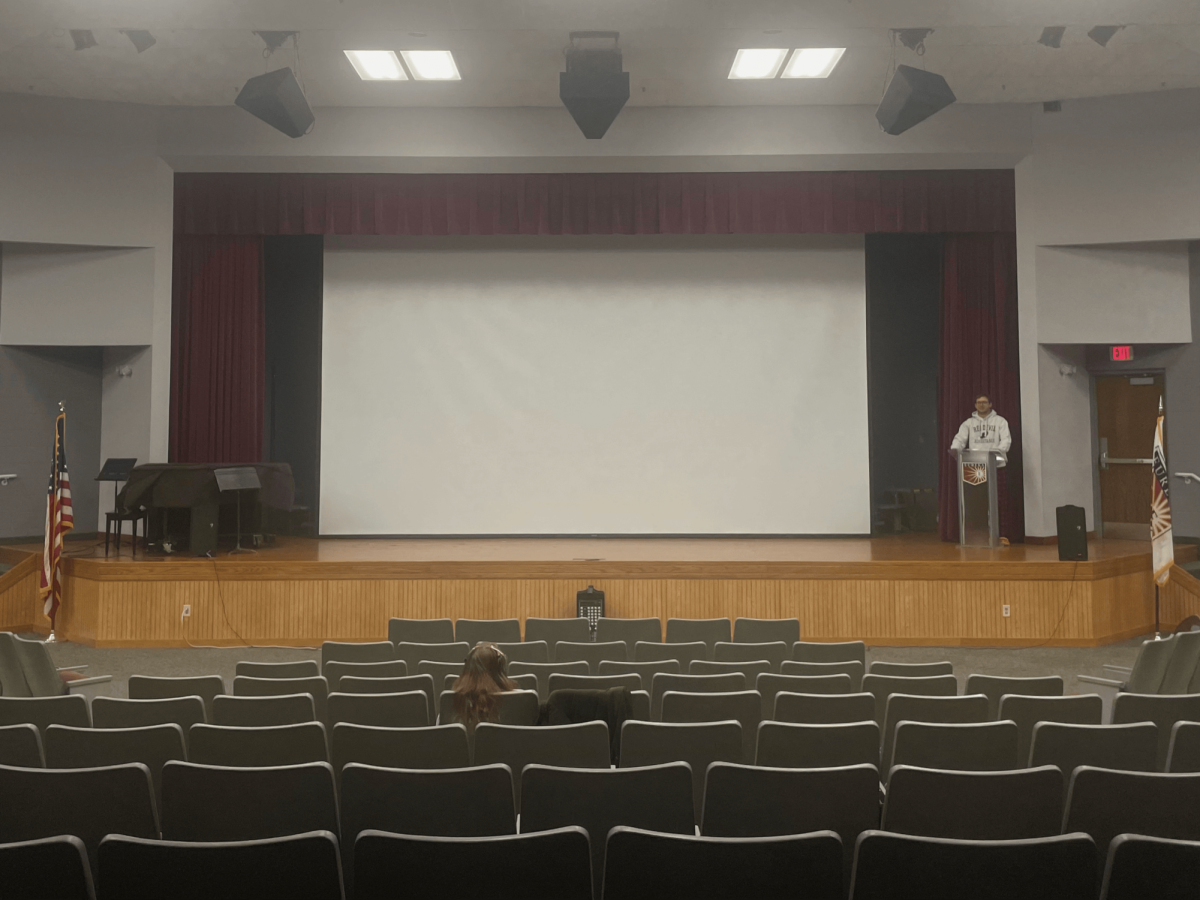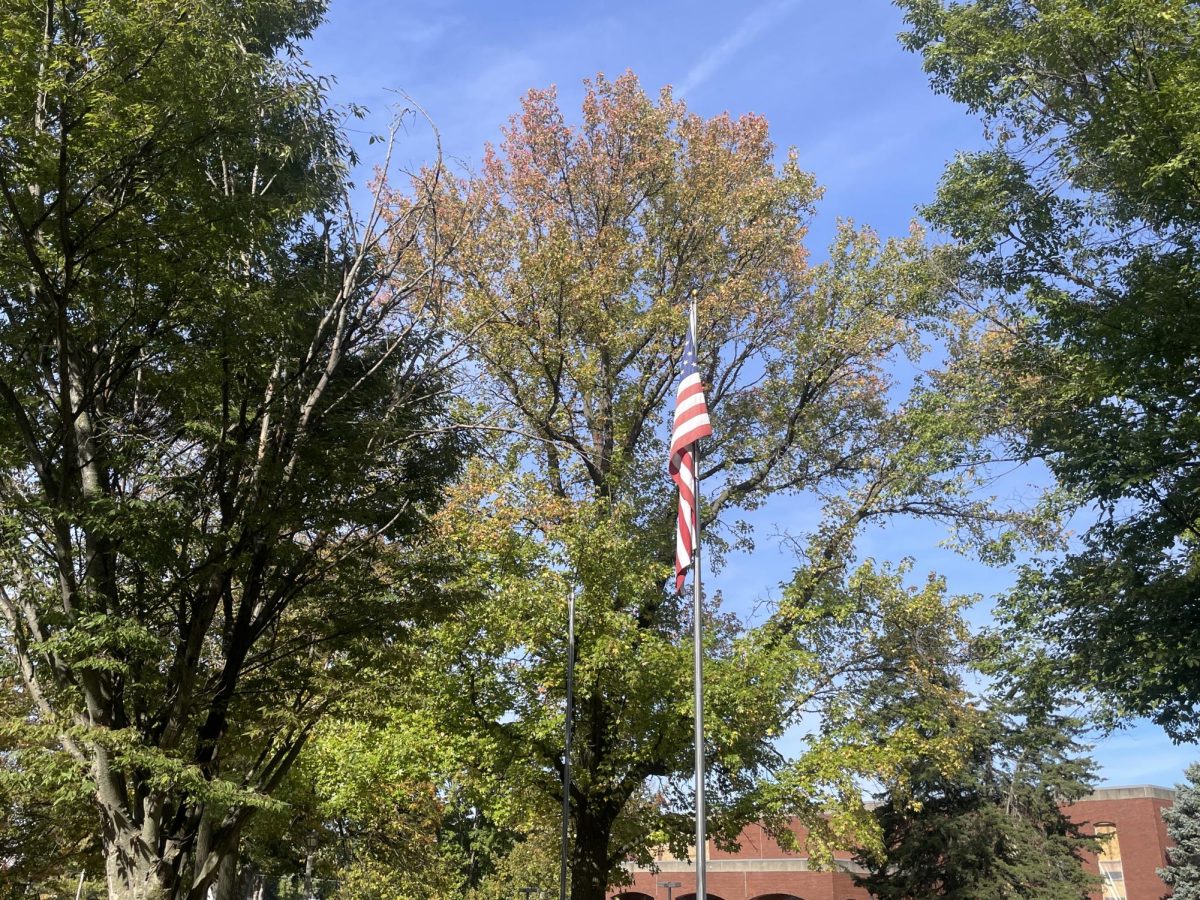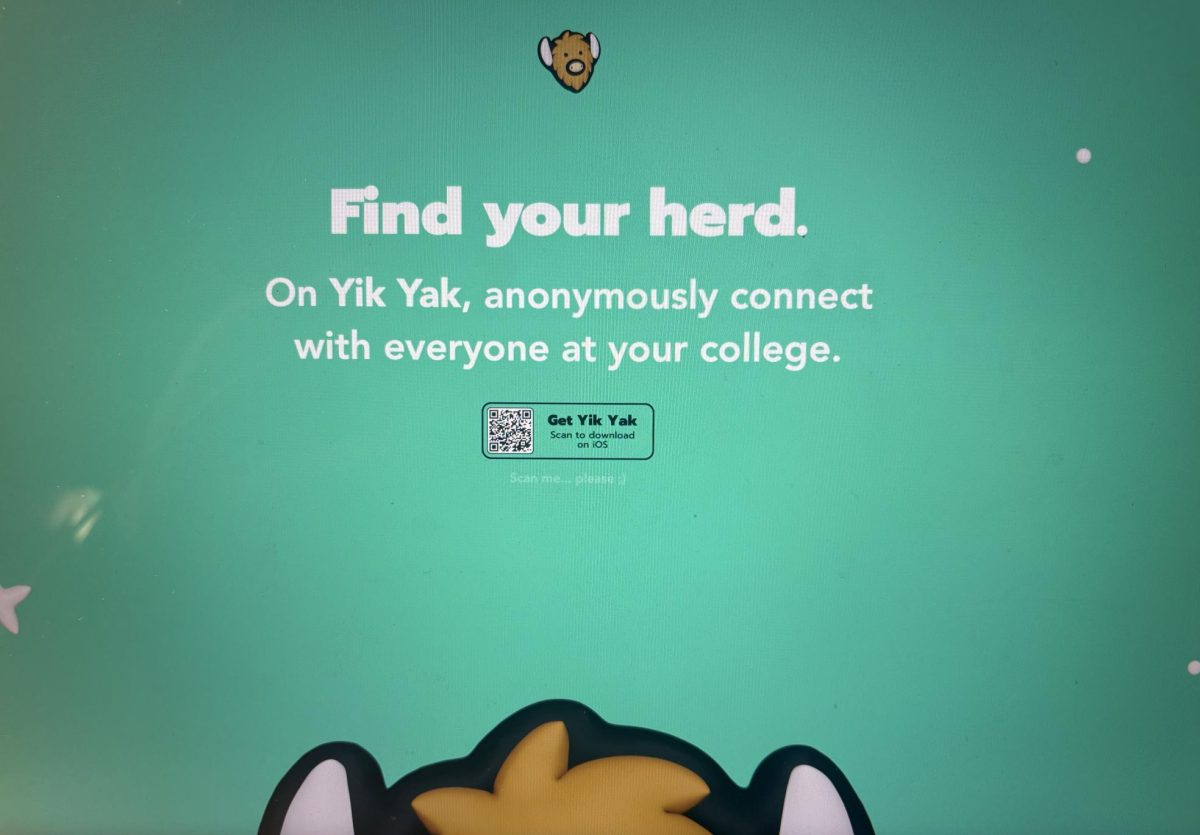Eureka College’s 2024 fall Semester brought in 242 new students, the largest first year class in the school’s history. However, new students do not equate to new interests. Certain classes suffer from a lack of student interest and engagement, which can greatly change the learning environment at Eureka College.
Dr. Alexander Swan, associate professor of psychology, has expressed frustration stemming from a lack of student engagement in class.
“I think it’s been a steady decline in student engagement in class,” Swan said. Swan lists multiple factors accounting for low engagement, including technology and notifications, but also a lack of motivation. “The individual motivation to engage in course material, to do the readings, answer questions in class, just really grapple with the content at this level of education versus the previous 12 or 13 years of education. It’s a different space, and a lot of students choose to take the same mindset from those previous years, and it’s just not gonna work the same way.”
When classroom participation is low, students and professors alike take a hit. Students may not engage properly with course material or build lasting peer connections, and professors may not have the required feedback to improve courses for future years.
“It’s not just a Eureka problem, and it’s not just a small school problem,” Swan said. Since Covid, schools across the country have faced disengagement. A State of Student Report from Wiley Open Access reports that stress and financial burden can lead to an increase in disengagement. These factors, along with lack of interest, have created a difficult climate for the community on campus.
Unfortunately, certain departments at Eureka have taken a hit due to lack of student interest. After being cut due to budget, the theater program faces lack of interest, impacting the productions. Other classes and programs face low retention and involvement, which can be discouraging to those involved.
Outside of the classroom, however, there are many different clubs and organizations offered, which students do take interest in. Senior Hayden Skaggs, Student Body President and active member of many different organizations on campus, believes that campus event engagement on-campus is the best it has been in his four years here.
Although there has been improvement in clubs and organizations, it doesn’t necessarily mean the situation is fixed. “All of these organizations have held events, and there just is low engagement. I think for so many people who are running events, they’re getting tired. It’s hard to continue doing events when you know people won’t show up to them,” Skaggs said.
Events on campus can be hosted by the Campus Activities Board, Student Senate, Greek Life, Black Student Union, and more. Poor turnout can be discouraging and make hosting future events difficult.
To improve turnout, professors such as Swan have started offering extra-credit to students who attend these events. “We, as faculty, try our best to bring quality academic speakers or programs to campus, and they are very poorly attended unless incentivised,” Swan said.
Although planned events and classrooms may suffer, new students are still involved in other ways at Eureka, and seem elated to be. One of the ways in which engagement is improving on campus is the introduction of new clubs and organizations led by underclassmen students.
Freshman Piper Jimmerson is the president and founder of the Eureka College Students Demand Action chapter. SDA is a national organization with the goal of ending gun violence, and has gained many committed members since its start earlier in the semester.
“Since I started it, I had to make it consistent, so that people would consistently come,” Jimmerson said. “I think that a big part of a new organization on campus is just getting as many people involved as possible and getting the word out as much as possible.”
Certain involvements on campus, such as athletics, hold more retention than other activities. Although attendance is not 100%, athletic events tend to draw a larger crowd than other on-campus activities. Additionally, there are many student athletes and athletic jobs which increase engagement.
Cloee O’Donoghue is one of the freshmen on campus who is thoroughly involved with athletics at Eureka. O’Donoghue works in Sports Management and serves as the libero for the Eureka women’s volleyball team.
“From the basketball games I’ve worked here recently, there’s been a big turnout in the student section,” O’Donoghue said. Both men and women’s basketball seasons have recently started, and both teams have received overwhelming support from other students. Although there is always room for improvement, interest in sports events is not suffering to the extent of classes and clubs.
For students who tend to be involved in multiple activities, the balance between classes, work, and activities doesn’t appear as a prominent issue that could account for a lack of engagement in classes. “When I first started college, it would be hard to get work done, but after the first two weeks of class, I found the rhythm of my schedule,” O’Donoghue said.
Improving engagement on campus in all areas may seem lost, but improvement starts with students. The easiest way to see change is to be the first to ignite it by becoming an active member of your classes and campus. “It takes being the first person to break the cycle. Be the first person who talks in a class, be the person who raises their hand, be the person who goes to an event. It takes that personal initiative,” Skaggs said.

